The Vedas
₹280.00
| Author | Friedrich Max Muller |
| Publisher | Bharatiya Books |
| Language | English |
| Edition | 2024 |
| ISBN | 978-93-92974-16-8 |
| Pages | 152 |
| Cover | Hard Cover |
| Size | 14 x 2 x 22 (l x w x h) |
| Weight | |
| Item Code | TBVP0420 |
| Other | Dispatched in 1-3 days |
10 in stock (can be backordered)
CompareDescription
The Vedas The discovery of Sanskrit in the 18th century by Coeurdeau, a French missionary, and Sir William Jones, a British Judge, was a new wonder in the scholastic world of Europe. It was like the discovery of a new and very important planet by the astronomers. This new light from the East soon reached Germany, which was in an intellectual ferment then. Fredrich Max Muller, (1823-1900) son of the poet Wilhelm Max Muller of Dessau, was one of the first batch of Sanskrit scholars. After having had his preliminary schooling, he went to Leipzig, and then to Berlin where Hermann Brockhaus was the first occupant of the newly created University chair of Sanskrit. In Berlin he met Franz Bopp, opp, the Philologist, and Schelling, the Philosopher, both of whom whom influenced Max Muller’s mental development. Later he went to Paris and worked for some time under Eugene Burnouf, the Zend scholar and savant, on the Rig Veda. His contemporaries were Rudolf Roth, and Theodore Goldstucker, names unforgettable in the history of Sanskrit. From Paris Max Muller went in England, and made Oxford his residence and place of work. He spent the rest of his life-around fifty years-here studying and teaching young people the wisdom of the East. Max Muller’s contribution to the study of ancient India is probably the largest in volume.
The difficulty a Western scholar has to face in his study of the Vedas in those days can only be imagined. Though Sayana’s commentary was available, yet it helped very little; for the early pioneers in this field regarded Sayana as prejudiced, cut off from the original sense of the texts and so tempted to overrate the importance of what he could not fully explain. These scholars wanted therefore to forge a new apparatus. Wrote Roth, “It would be a disgrace to the criticism and ingenuity of our century which has deciphered the stone inscriptions of the Persian Kings and the Book of Zoroaster, if it did not succeed in reading in this enormous literature the intellectual history of the Hindu race”. So it is that they searched for history. It was all an exciting adventure through the rough-hewn tracks of comparative philology, comparative mythology and comparative religion, in search for what sounded like the earliest phase of human civilization. It may be stated that the tradition of the Vedic literature in India never mentions this historical value of the Veda. The Veda of the tradition is the unique store- house of the “supreme knowledge” that can be obtained through revelation only. The key to this knowledge is provided by some established norms only, by certain methods sanctioned by ages of Vedic scholarship. Other methods, new analytical ones, etymological or otherwise, are not supposed to be adequate for the right or correct interpretation of the Veda. As Sayana remarks, of the three kinds of interpretation of the Rig Veda, the spiritual interpretation is the most important.




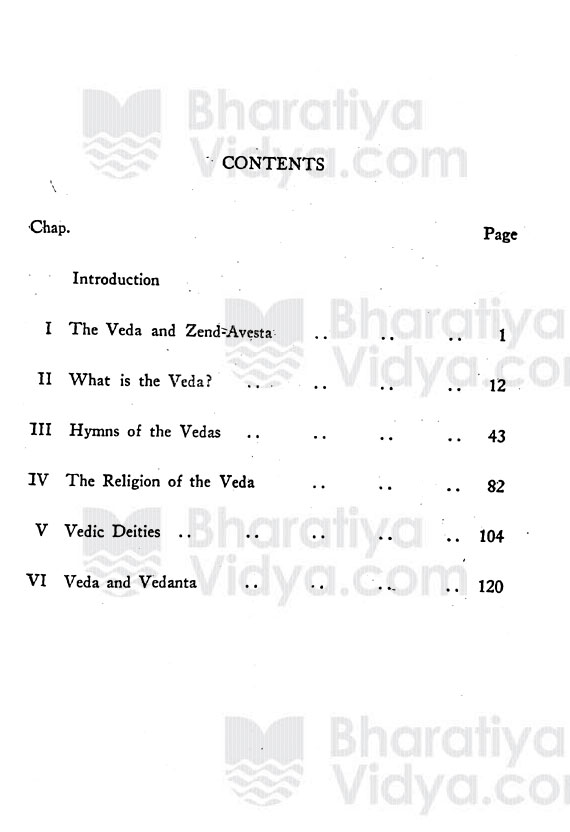
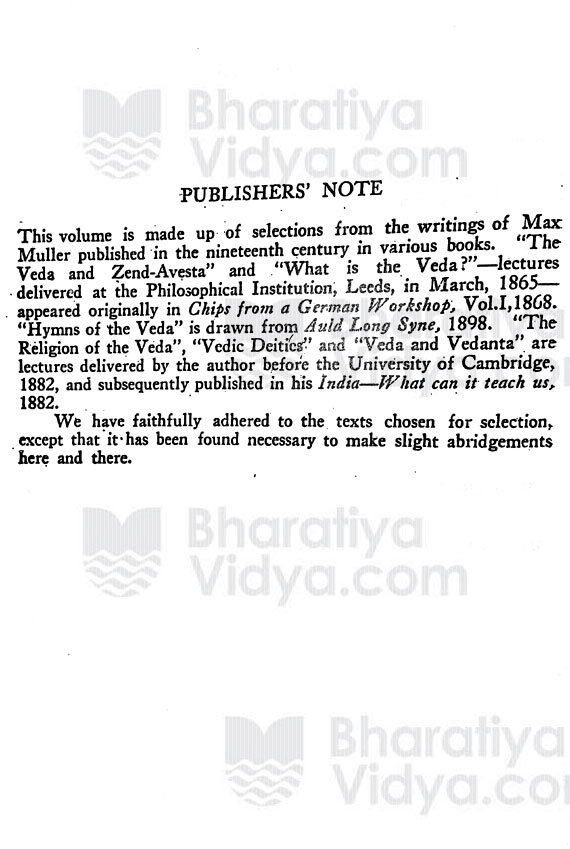
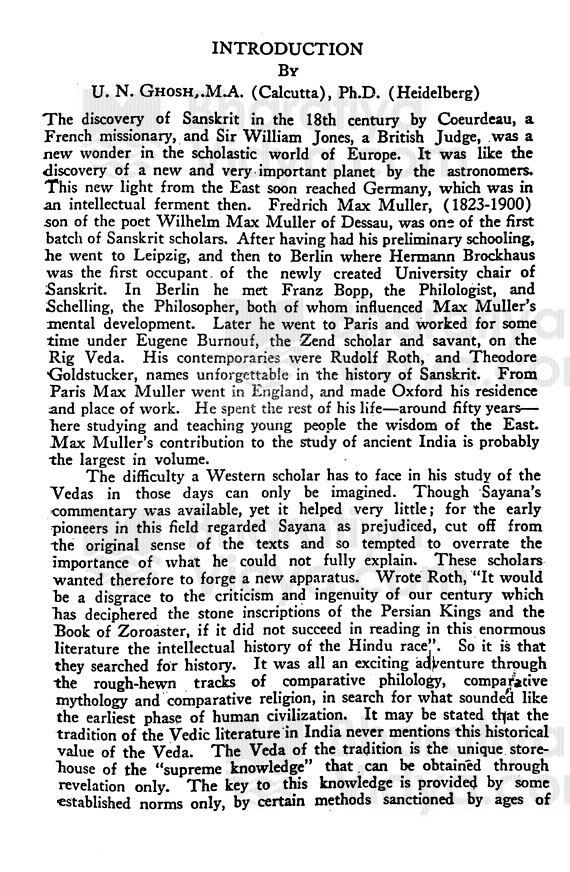
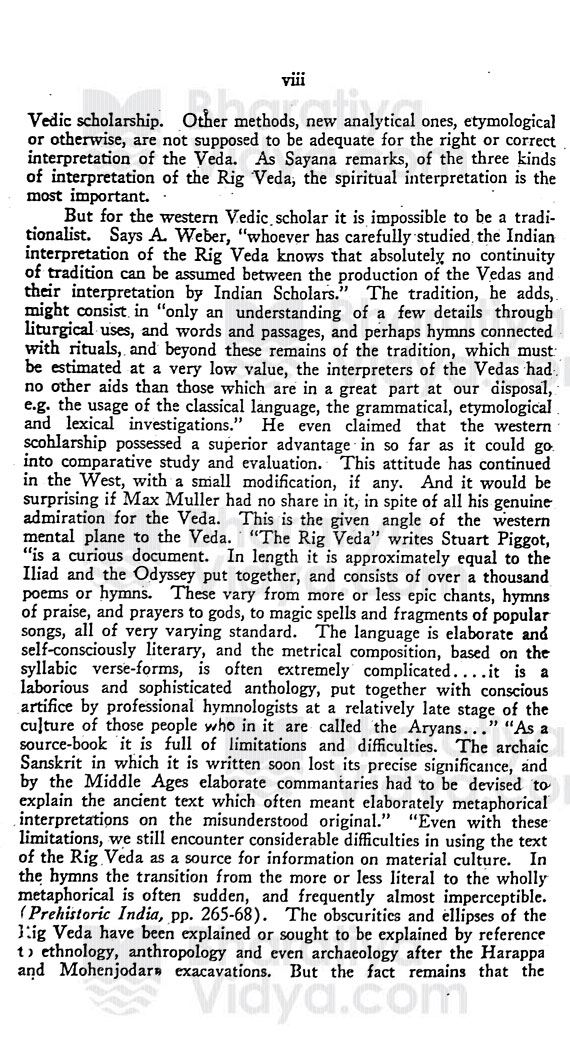

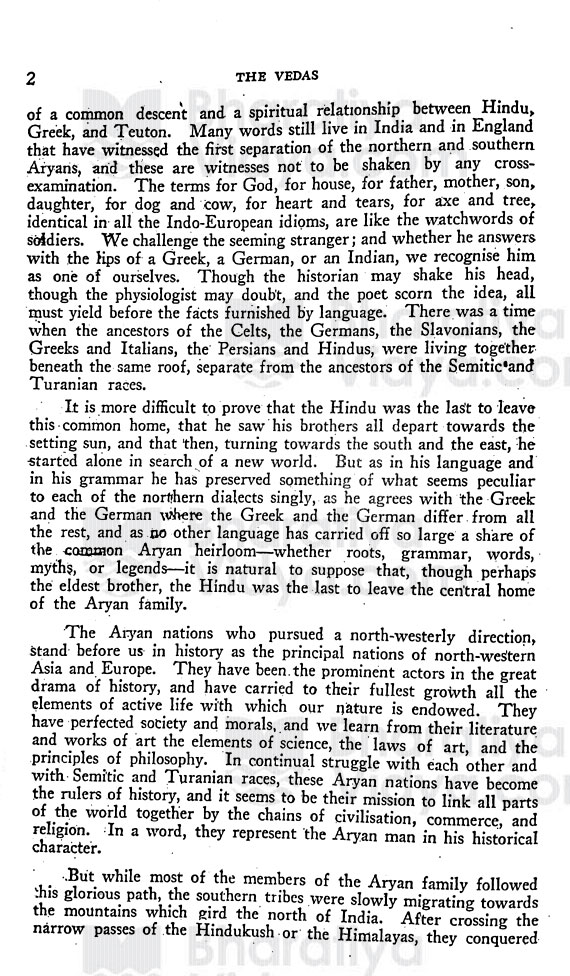

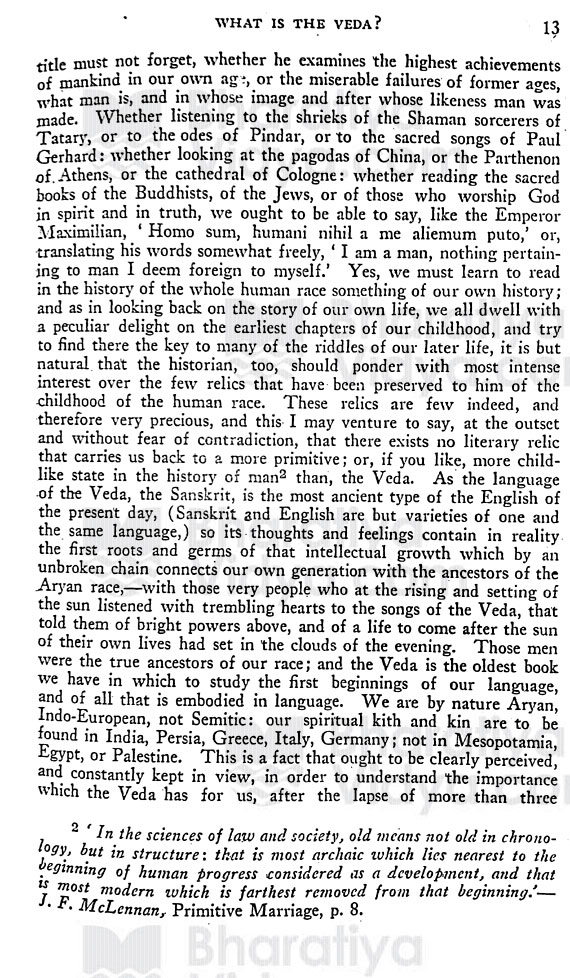
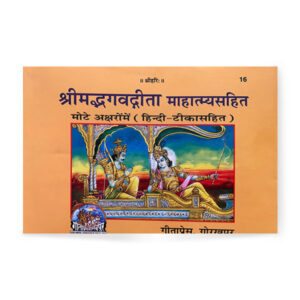
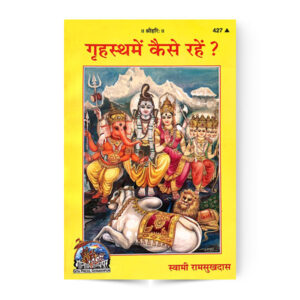
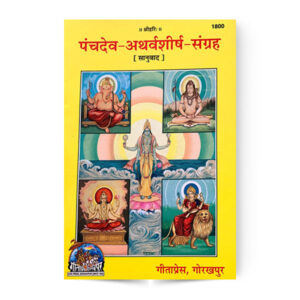
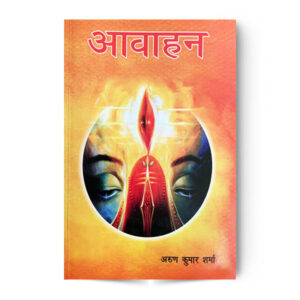
Reviews
There are no reviews yet.